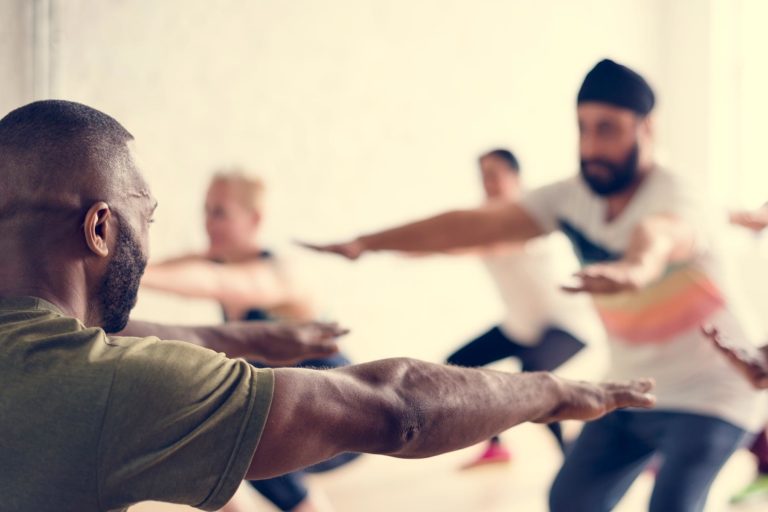MensLine Australia provides single-session services to all callers and online counselling users; and multi-session services to eligible clients.
Single session counselling
In a single session, each interaction is treated as a stand-alone counselling session where we work with the caller on the issue that is of greatest concern to them. Our professional counsellors work with clients to help them recognise their skills and inner resources.
At the beginning of each single session, clients are assessed as to what their level of risk may be. The outcome of this assessment might mean that additional or alternative support may be required.
Multi-session counselling
Our multi-session service is a tailored program for clients who may require up to four sessions with the same counsellor. In these structured sessions, counsellors work alongside clients to achieve their goals.
Our counsellors offer clients pathways to community support and the development of internal capacity.
To learn more about how our services work, please visit our Health Professionals section.
How can we help?
In both single and multi-session formats, MensLine Australia counsellors can help with a variety of challenges, including:
To access support
If you’re struggling with any aspect of your mental health and you don’t know what to do, pick up the phone and call MensLine Australia. We’re available 24 hours a day, seven days a week.
Call us on 1300 78 99 78 or access online counselling.
If you’re a health professional and wish to refer a client to our service, please use our referral form.









